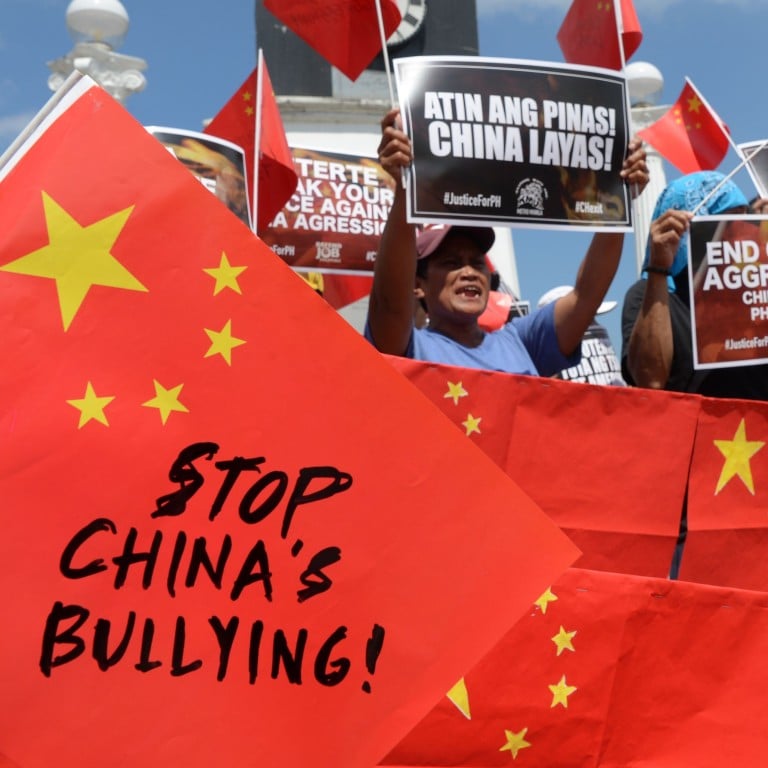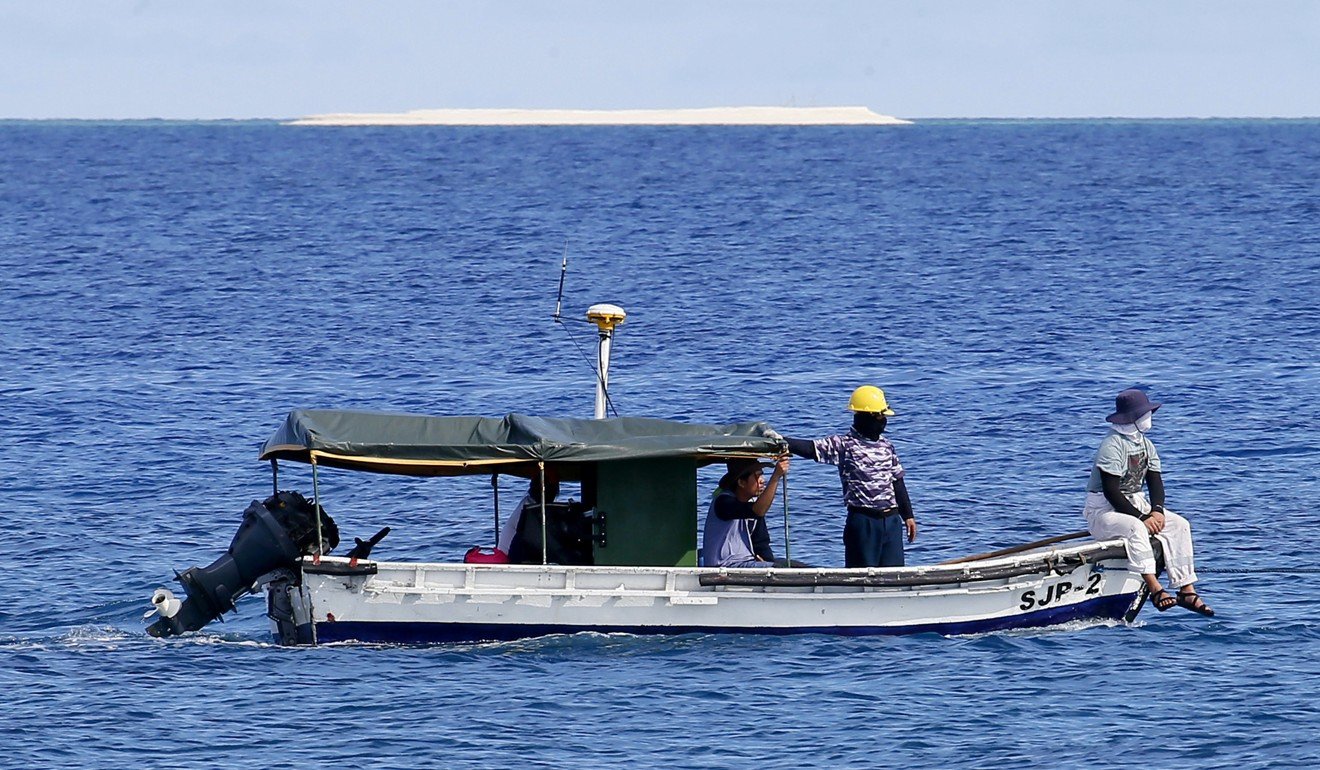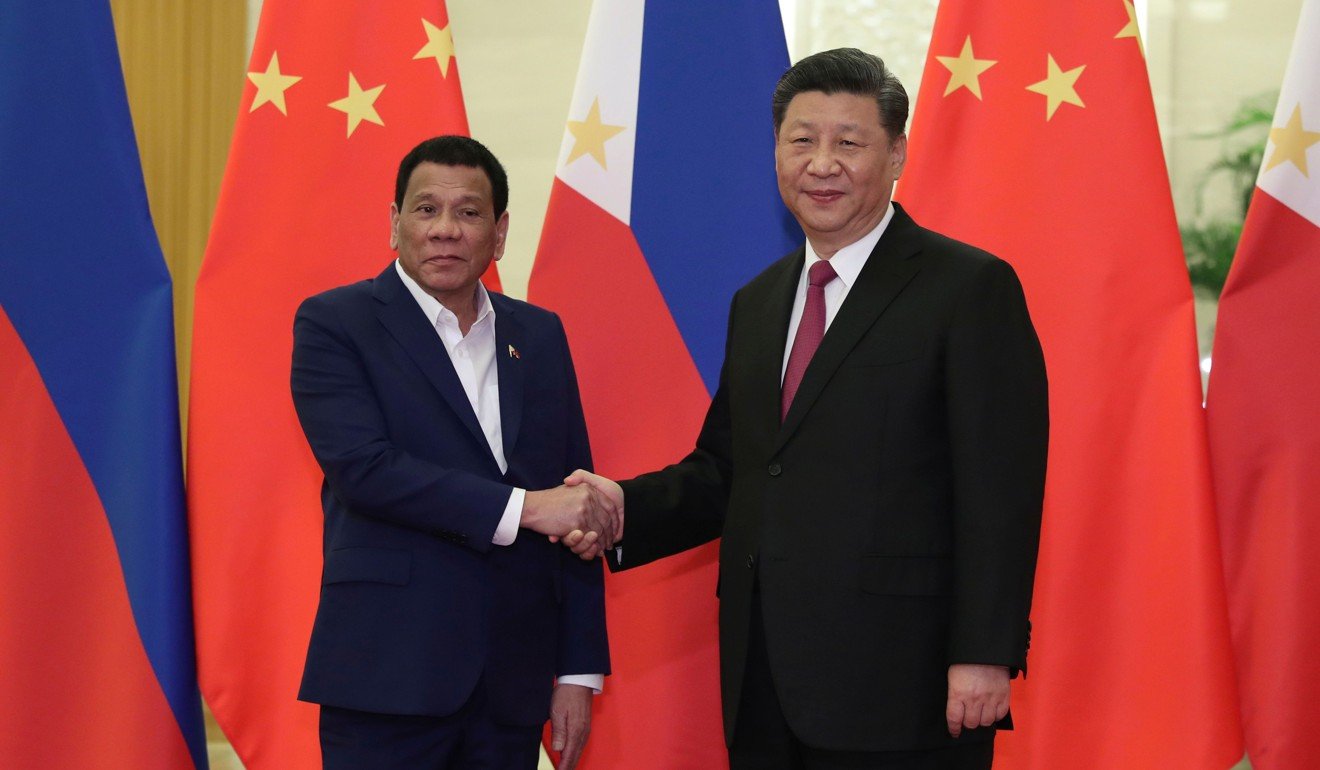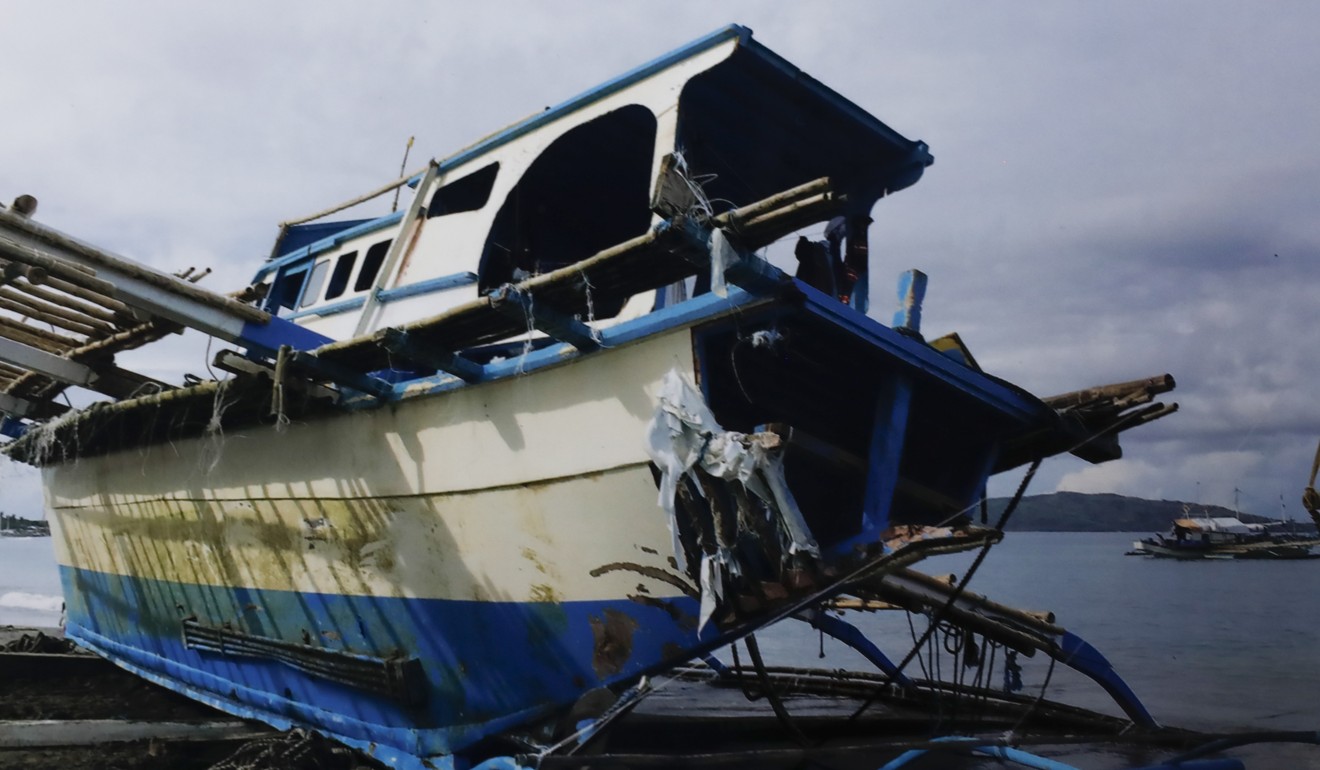
China and Philippines need a fishing deal for the South China Sea, but can they find one?
- President Rodrigo Duterte set to make a key announcement on fishing rights during State of the Nation Address on Monday
- But can either side afford to give ground without sparking a public outcry at home?
A formal agreement on fishing rights in the South China Sea would help ease tensions between Beijing and Manila, but reaching one without sparking a public outcry in either China or the Philippines might be easier said than done, according to observers.
The problem, they say, is that negotiators will find it almost impossible to agree such a deal without reinforcing or supporting the two sides’ respective, but unresolved, territorial claims.
Zhang Mingliang, an associate professor at Jinan University in Guangzhou who specialises in South China Sea studies, said that reaching a joint fishing agreement was “definitely the ideal solution”.
“But both sides face enormous [domestic] opposition to doing so … because it means that you are allowing the other side to fish in the waters you have clearly claimed, which might be unconstitutional and spark a public outcry.”

The debate comes ahead of Philippine President Rodrigo Duterte’s State of the Nation Address on Monday, during which he is expected to announce a plan to allow Chinese vessels to fish in waters claimed by Manila.
Duterte made a verbal agreement with Chinese President Xi Jinping in 2016 that allowed the two nations access to fishing areas in each other’s controlled waters.
Protests mark anniversary of Manila’s South China Sea legal victory
The so called consultation mechanism – agreed after Duterte’s visit to Beijing in 2016 – had helped to ease tensions between the two sides on a range of South China Sea issues, including rights to fishing, and oil and gas exploration, Zhang said.
However, a report by news website Rappler.com quoted Philippine Supreme Court Justice Antonio Carpio as saying on July 12 that if Duterte did allow China to fish in Philippine waters it would leave Manila with a “lopsided” deal.
The president’s statement on Monday was likely to be the “final confirmation that that verbal agreement [between Duterte and Xi] is now a legally binding agreement between the Philippines and China”, Carpio said.
“We are badly on the losing end of that agreement because we are opening the entire West Philippine Sea to China’s fishing fleet … It’s lopsided,” he said.
Duterte said on Wednesday, however, that Manila’s sovereign rights in the West Philippine Sea were not in question and that allowing China to fish in the country’s exclusive economic zone would not affect that.
“As far as I’m concerned, I’m the owner and I’m just giving the fishing rights,” the Philippine Daily Inquirer quoted him as saying during a television show.
Duterte backflips on Chinese fishing in Philippine waters
Song Zhongping, a Hong Kong-based military analyst, said Duterte might be deliberately using the offer of fishing rights in “Philippine waters” as a way to show his diplomatic success in establishing the fact that the area does actually belong to Manila.
But an executive order from Duterte would not be enough to reduce tensions caused by fishing disputes, he said.
“It’s better for Beijing and Manila to reach an agreement to legalise their fishing rights, and in particular to identify their joint fishing zones.”

Collin Koh, a maritime security expert at Nanyang Technological University in Singapore, said he expected Duterte’s critics to be out in force both before and after he made his State of the Nation Address.
He said they were likely to “denounce the move as unconstitutional because there is no written agreement”.
Also, as Beijing had been quiet on the issue since Duterte’s remarks, any statement he made on Monday was likely to be met with confusion in both China and the Philippines, he said.
China’s foreign ministry has yet to respond to requests for comment on the issue.

Beijing and Manila have overlapping territorial claims in the South China Sea, which include the areas around Scarborough Shoal, Reed Bank and Thitu Island in the Spratly Island chain.
The two sides also became embroiled in a diplomatic stand-off in April after about 275 Chinese vessels, including fishing boats, gathered near the Philippine-occupied Thitu Island.

